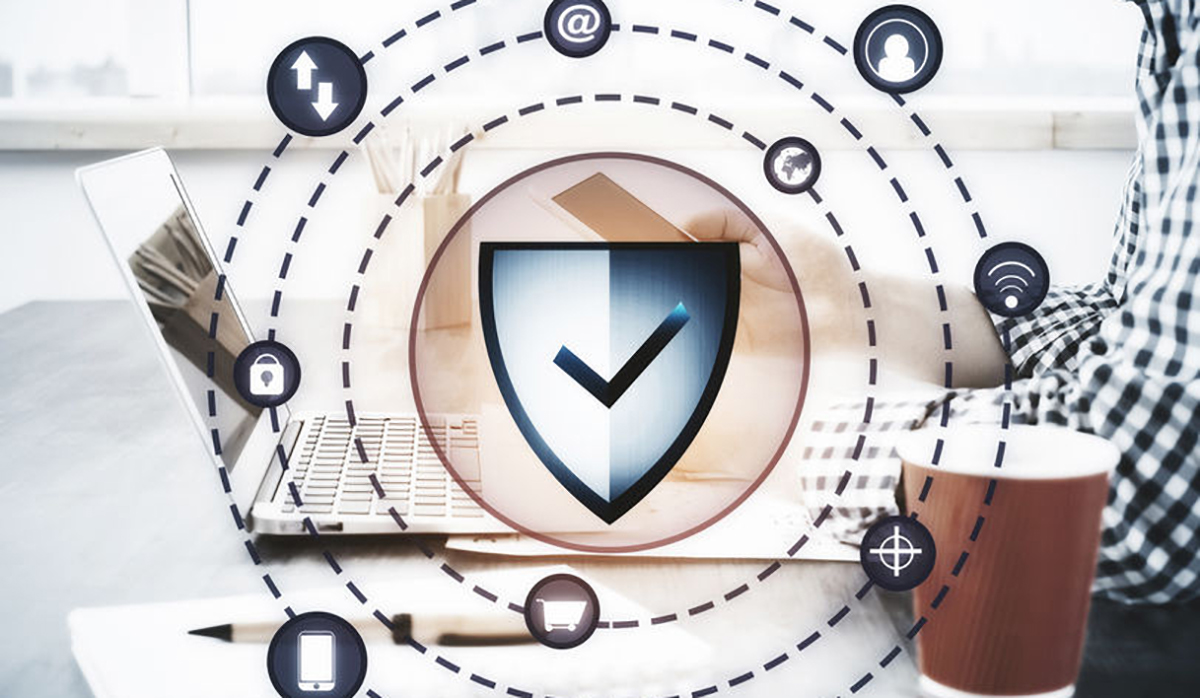Strong passwords for online accounts are a mandatory component of our everyday lives. But how do you keep track of them?Do you use one password for each type of account, e.g., banking, investing, social media? Or do you use your own unique system for generating passwords, depending on the name of the provider and other attributes of the account?
There are many other ways to create passwords for your accounts, and some of you probably use automated tools to create unique passwords. It’s unnecessary to stress how important it is to have your crypto passwords, or your investment and stock trading platforms securely stored.
Regardless of how creative and secure or insecure your passwords are, statistics say that the average American has around 27 online accounts requiring a password, and to ensure that the passwords will not be lost, people usually write them down.
In reality, almost everyone needs a password manager. No matter what type of website you use, from dating apps, to your fitness and nutrition app, to the most endangered – your bank account, stock trading platform or crypto wallet – the website insists on creating a user account and a strong password for it.
Why is a password manager important to you?
A secure solution can allow you to consolidate all your usernames and passwords in one place, overcoming the risk of your computer being hacked and your usernames and passwords being compromised.
Then, how to choose the right password manager?
Let’s first make the distinction between choosing a password manager for your personal needs and choosing a password manager for your business. We are going to talk only about password managers for your personal/family needs.
- Personal password manager
When looking for one, make sure that it is carefully designed to cover your personal needs, for example, easy to use, excellent for families, intuitive for new password manager users, and secure. - Easy to use
To avoid needless hassle and complexity, look for an intuitive and easy-to-use solution. It doesn’t make sense to struggle with an annoying or baffling tool that is meant to help you.
If the password manager is not sufficiently easy to use, soon after you start using it, you’ll abandon it and go back to using sticky notes to store and share passwords or, worse, using plain text files - Secure HTTPS connection
Yes, the HTTPS connection is a must. Using your secure username and password to a website that doesn’t support a secure HTTPS connection is hazardous. - Security and encryption
Due to the increasing number of hacker attacks on private devices and websites, it is important to use a fully encrypted, bank-security-level password manager so if it is hacked, your data will still be secure. An end-to-end encrypted password manager means that even the provider of the service is not able to read any of your passwords. - Access
The ability to access your personal password manager from anywhere, and from any device, is crucial to any solution nowadays. Security is important, but who would want their usernames and passwords to be so secure that at some point they can’t access them themselves? - Backup
The ability to backup your passwords if necessary is a trivial matter but should not be overlooked.
No matter how brilliant plan A is, it’s always good to have the opportunity to create an old-fashioned plan B. - Download and upload
An additional channel to backup your passwords, or having more control over creating snapshots to your stored passwords, is always advantageous. - Secure vault / storage
This is a common feature of most password managers, enabling you to store additional information relevant to your passwords, such as descriptions or uploaded documents. There is no need to store large files; it’s enough to be able to store important documents in a fully encrypted state and share them with your family members if you wish. - Family sharing
Controlling “who,” “what,” and “when” in terms of access is an important feature when choosing the right password manager for your personal needs. - Inheritance functionality
Last but not least, using a password manager is an effective way to ensure that your loved ones can be granted access to the information they would need should an unforeseen event happen to you. The right password manager is able to provide you with this inheritance functionality.
You might still wonder, “Why don’t I just use my plain text file for my passwords or memorize them?”
Using a plain text file to keep track of your usernames and passwords is the best way to help hackers to steal the entire list of your passwords, not to mention the danger of the device on which you store the latest version of the file being stolen or damaged.
Memorizing dozens of long, random, unique combinations of characters is almost impossible for the average person, so this, too, is not a solution.
In order to keep your passwords safe, there is nothing better than using a password manager. Make sure that whichever solution you choose, it should satisfy your personal needs, and be aware that you will probably need a while to adjust to it.




